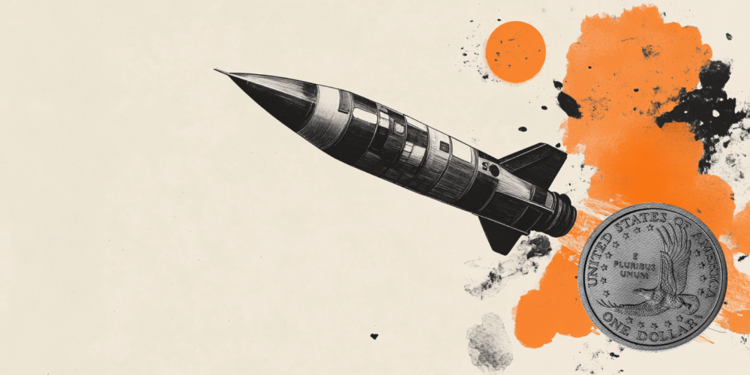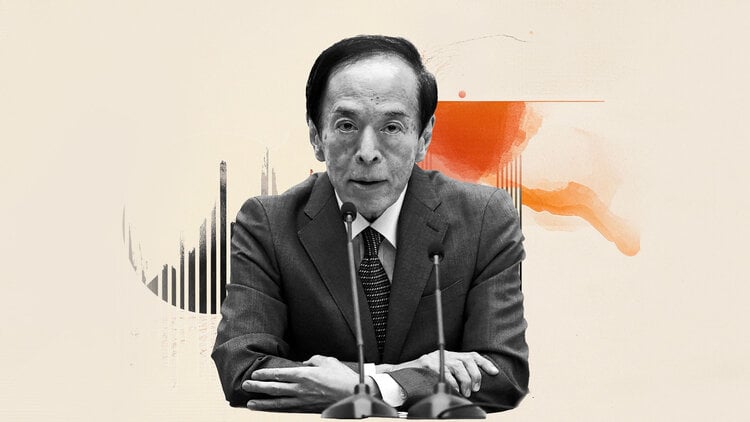By Eleftherias Kourtalis
Goldman Sachs chose to keep “defensive” in terms of its positions for the third quarter that has just started, with overweight positions in cash and commodities, neutral positions in stocks and government bonds and underweight positions in corporate bonds. Until the growth/inflation mix improves, markets are likely to remain volatile as investors turn from inflation concerns to recession fears, he says.
At the same time, it looks for opportunities to add risk on a 12-month horizon as it estimates that while the probability of a recession has increased, it will not be deep or prolonged if it occurs, given that the global economy is not facing major imbalances. Investor sentiment and sentiment, as well as valuations, have started to show signs of improvement in the medium term. However, short-term risks remain and that is why the American bank prefers the safety of cash at a 3- and 12-month horizon.
On equities in particular, he maintains a neutral stance for the next three months as he expects volatility to remain high due to the negative mix of higher recession risk, steady inflation and rising interest rates. Shares are likely to remain stuck in a ‘fat and flat’ range, with limited near-term upside. The team strategy of US stocks of GS maintains a bearish scenario for the S&P 500 with a target of 3,600 points and expects margin pressure and a negative earnings revision cycle in the second half. Also, the European equity strategy group recently downgraded targets for the STOXX 600 and expects earnings per share (EPS) to rise 7% this year (consensus sees 14%) and downgraded its 2023 growth forecast to 0% (from 5%).
Goldman still prefers non-US stocks to US stocks. Asian shares significantly outperformed the S&P 500 in the second quarter, both on cheaper valuations and China’s cycle divergence as it recovers from lockdowns. Europe also outperformed, but has come under more pressure recently due to sovereign risk and gas disruption concerns. For the next quarter, therefore, Goldman prefers Asian over US/European equities, and 12-month ahead continues to prefer non-US over US equities. It also continues to have a general preference for sectors and commodity/infrastructure stocks with high dividend yields and stable profitability, as well as those with high and stable profit margins.
For stocks, the main risk going forward is a deep recession with knock-on effects. Goldman Sachs however estimates that the risk of a structural bear market remains relatively low: listed companies’ balance sheets are unusually robust, the labor market remains strong and there are few signs of systemic stress. Its economists also believe that, absent the emergence of significant imbalances, a recession caused by excessive monetary policy tightening would likely be shallow, even though there might be less fiscal and monetary response.
However, correction risk remains elevated as stocks are pricing in only a mild recession and valuations are also falling due to higher interest rates. After the bear market in the first half of this year, 12-month P/E valuations for international equities are now below their average since the 1990s. However, earnings revisions in the second half are likely turn negative due to macroeconomic headwinds. Market margins are still elevated and some normalization would result in negative earnings revisions/
Much of the plunge in stock valuations since the start of the year has been driven by rising interest rates and inflation. Unless bond yields start to fall, equity valuations could fall further, Goldman points out.
Source: Capital
I am Sophia william, author of World Stock Market. I have a degree in journalism from the University of Missouri and I have worked as a reporter for several news websites. I have a passion for writing and informing people about the latest news and events happening in the world. I strive to be accurate and unbiased in my reporting, and I hope to provide readers with valuable information that they can use to make informed decisions.







